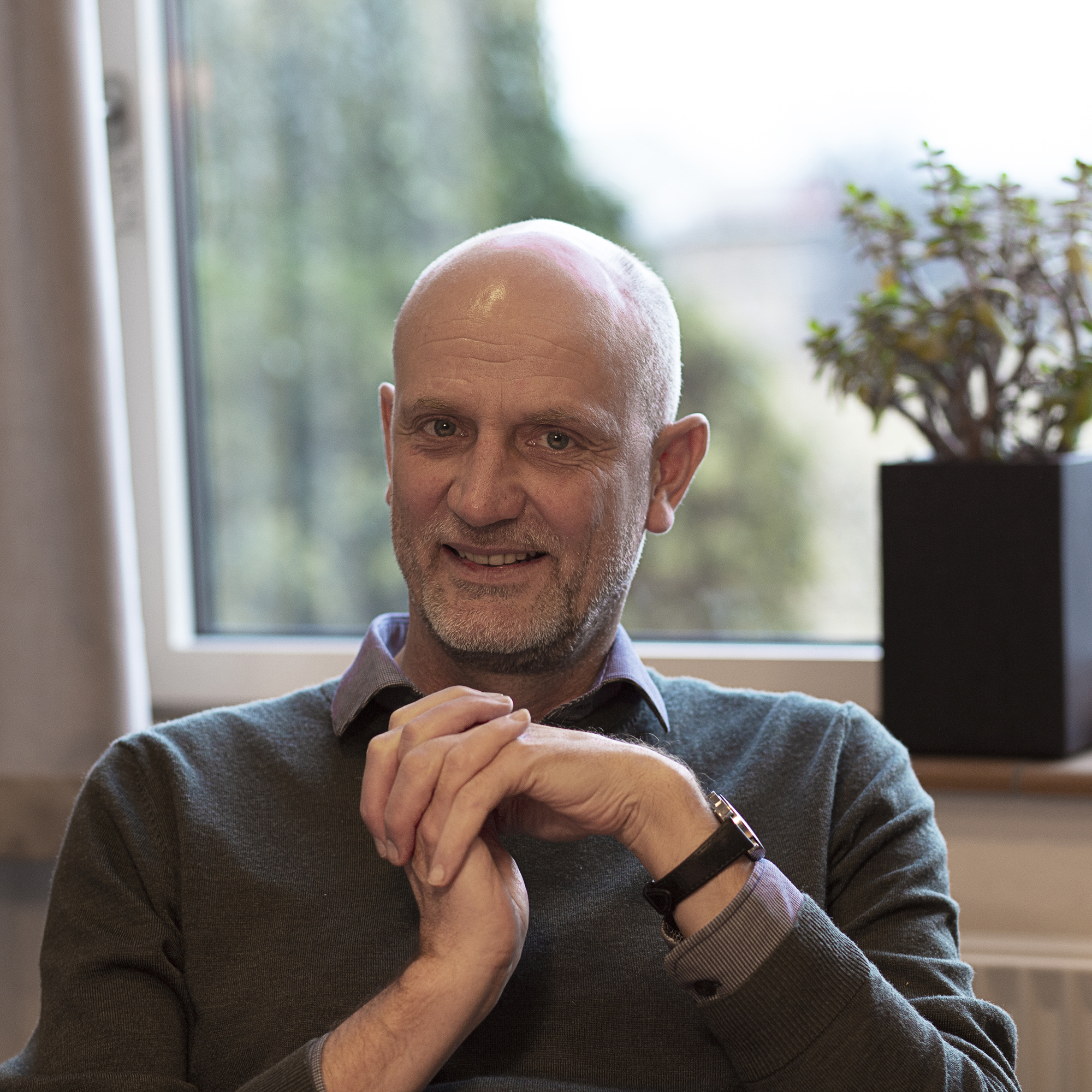End-of-year message from Dean Thomas Pallesen
Dean Thomas Pallesen looks back at yet another interesting year with many good prospects for the future. And ahead to 2019 where the first steps towards further collaboration across degree programmes must be taken.

What would you like to highlight from the year gone by at Aarhus BSS?
During the Campus 2.0 process this autumn, we received many good suggestions from employees as well as students. These will now be taken into account in the further process. Our input to the rector reflects many of the things that characterise Aarhus BSS. Among other things, the campus of the future should allow for close proximity between researchers and students. It should also contain a large lecture theatre, as we’re convinced that the lecture theatre will continue to play an important role in contemporary university teaching. Not least now where an array of e-learning tools allow for interactive teaching. A large lecture theatre can also be used for the many events aimed at the business community that take place at Aarhus BSS and increasingly at the other three faculties as well. In short, there is a widespread wish at Aarhus BSS for a new S building with a lecture theatre.
The appointment of the three associate deans, who will all contribute with knowledge and input within a specific field for a limited period, will also benefit the entire school. It’s also a flexible and cheap solution, which can be accommodated on an ongoing basis to meet the school’s academic needs. We’re happy that the involved researchers and Ulrik Federspiel agreed to take on the task. We’re also very happy that Ulrik received the well-deserved title of this year’s distinguished alumnus at the university.
Finally, I’d like to highlight this year’s graduate employment survey, which shows that our graduates are doing well - in comparison to other universities as well. Naturally, I’m very happy about this, since one of the most important goals of our research-based degree programmes is to produce graduates who are attractive on the labour market and who succeed in finding good and well-paid jobs in Denmark and internationally.
What specific challenges and tasks will characterise 2019?
We’ve just been informed that the BSc in Business Administration and Psychology probably won’t happen. This means that we now face the important task of transforming the many interesting thoughts and ideas that lie behind a collaboration between psychology, business and economics into something different. The perspectives are unchanged and we mustn’t give up - we just need to find a new solution. There are different ways in which we can move forward, and we look forward to discussing these with the departments involved.
It could also be an idea to establish a closer link between political science and some of the other academic areas at the school. Navigating today’s business environment requires a certain understanding of political matters - especially in large companies. Large companies often navigate politically and collaborate with national and international authorities to promote their interests. Indeed they’re often political actors in themselves. For that reason, it makes very good sense develop stronger links between business and political science. Especially since we have excellent researchers and lecturers in both fields. This is something we’ll be looking into with the departments involved in the year to come.
Finally, we need to get better at admitting the most talented international students. Due to the degree programme resizing of international students, this is now the only way in which we can improve the quality of our internationalisation efforts, which is still one of the strategic goals at Aarhus BSS and at AU. Today, we’re likely to miss out on a number of potential international students due to our admission system. Right now, we’re collaborating with AU’s administration on developing a new system that offers international students a faster response to their application for admission.
In this way, our internationalisation efforts will also be more aligned with our overall objective of admitting and educating students with skills and competences that make them attractive on the labour market and at the same time increasing the opportunity of international students to stay in the country after they graduate.
Do you have any final words for the employees?
I’d like to thank all academic and administrative employees for their efforts in the year gone by. Lots of interesting things are going on at the departments and across the school. Most projects have sprouted from below and they should continue to do so. As the Executive Team, we can contribute to creating a framework that allows the school’s researchers to meet across different fields. The breakthroughs that hopefully arise from these meetings should primarily be attributed to the researchers involved. This is something we’re very conscious of.